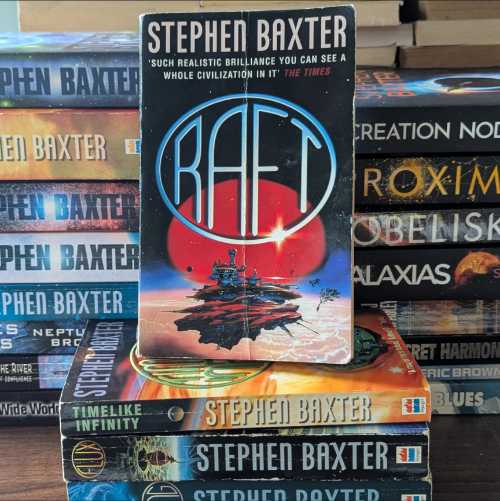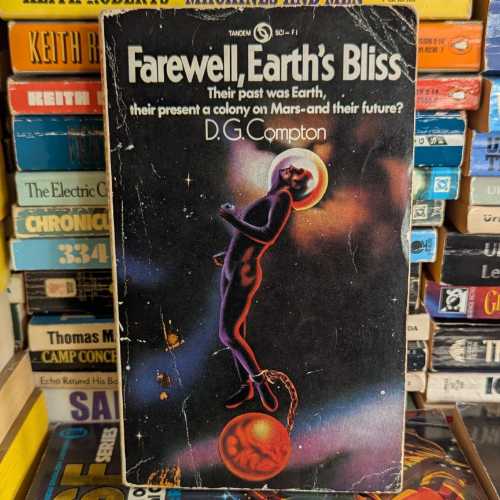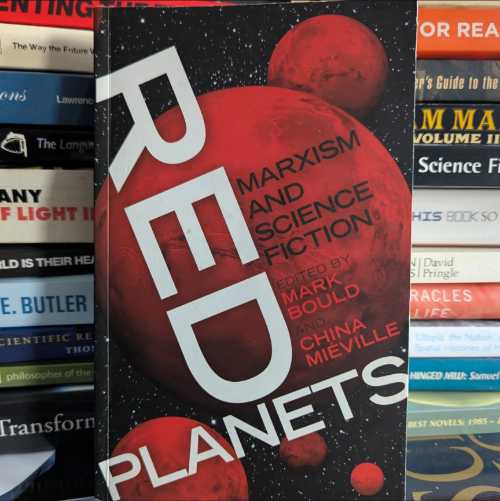Raft
★★★★★In the distant past, a starship slipped into a universe where the rules of physics are different. Generations have passed, and the descendants of the crew have come to a fragile equilibrium with the nebula they are marooned in. Rees, a smart young miner with a curious nature, discovers that the nebula is dying and decides to leave his home to find out why and what can be done.
Baxter’s imagination is on full display as he imagines a world of alternate physics. This is hard SF at its most conceptual, where the consequences of the altered physics are rigorously thought through. Thankfully, Baxter drip-feeds us his worldbuilding to minimise the info dumping and conceptual overload - the setting unfolds in manageable chunks as we discover the world through Rees’ eyes, and learn the history of his world.
Society in the nebula has fractured into three isolated groups, and Baxter does well to lay out the tensions of their rigid class hierarchies. There’s much misery and suffering on display, but as the social structure implodes, the reader is forced to confront the fact that the system was forged on the imperative for survival.
As we travel further into the world, Baxter could be accused of loosening his scientific grip as he moves beyond his comfort zone of physics and engineering to introduce a dubious world subsisting on cannibalism and fantastical flying whale-like creatures. But I was happy to cut him some slack - maybe because his biology reminded me fondly of reading Varley’s Gaea trilogy as a boy.
The denouement is predictably Baxter, as a solution to the crisis is engineered at a suitably cosmic scale. As his debut novel, it’s a remarkable achievement, shorter than his later works, yet just as densely packed with ideas. His pacing is excellent, his worldbuilding phenomenal, his characters engaging in a pulpy sort of way, though only Rees has a significant arc. It was an enjoyable read, hinting at what was to come as he developed his craft.




